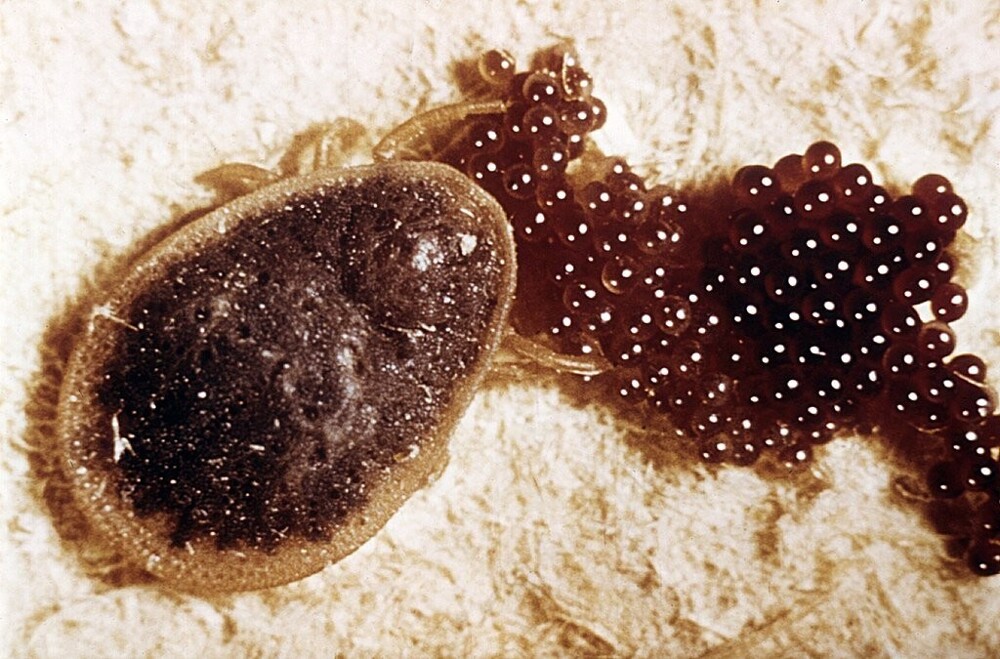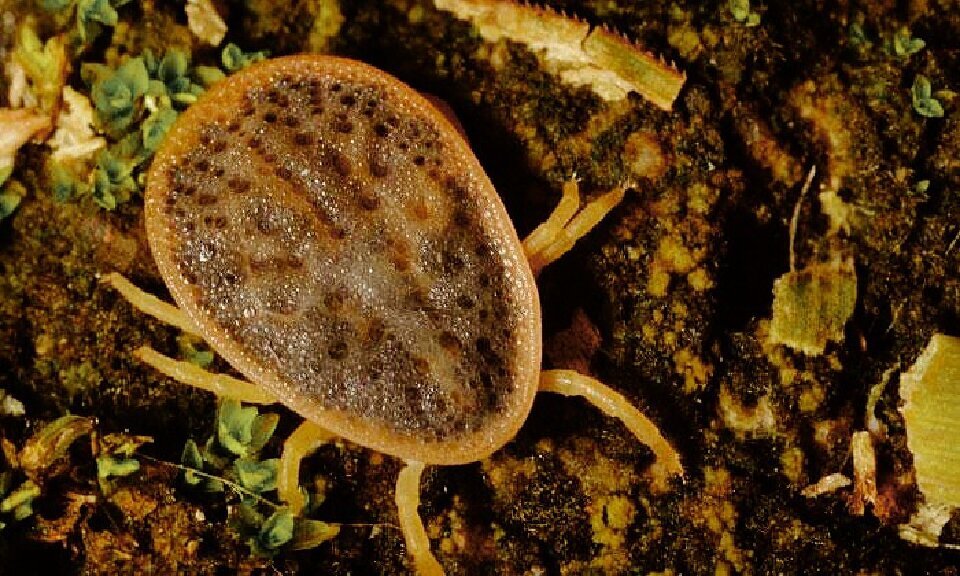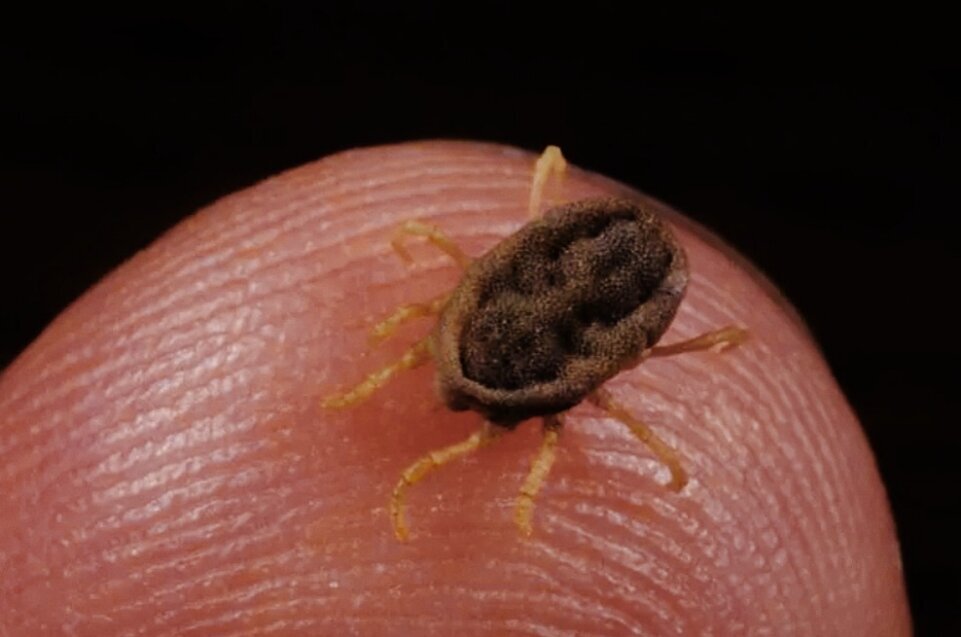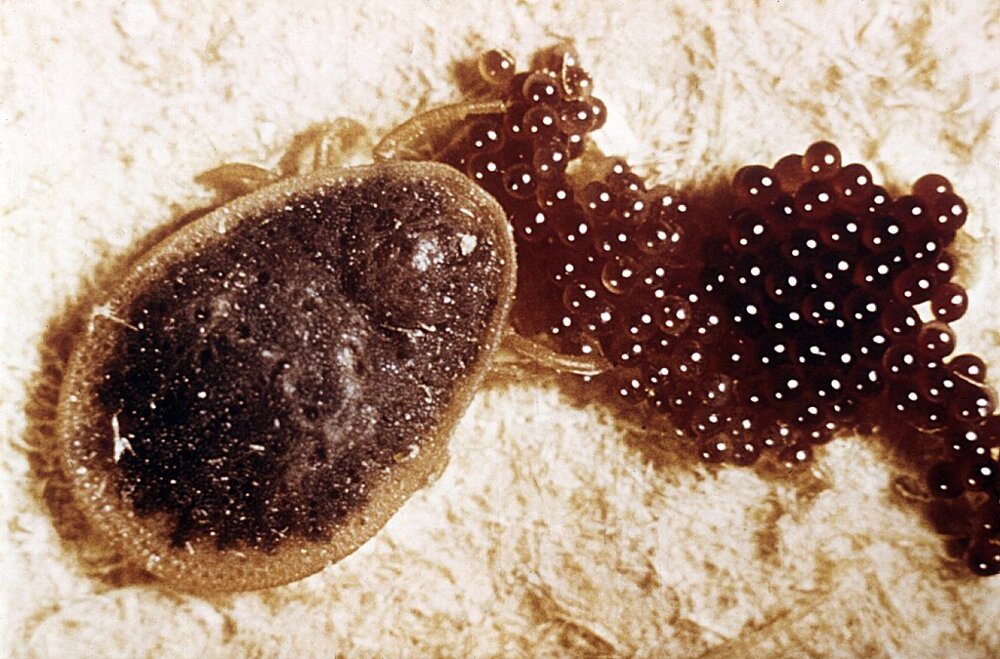A scientist kept ticks in captivity for 8 years without food: amazing results of a “hungry” experiment (4 photos)
The professor decided to study in more detail one feature of East African ticks and locked them in solitude for 8 years. Knowing this information, you are probably wondering what kind of feature we are talking about? The fact is that they can easily live without any food... for years. And Julian Shepherd was extremely interested in how long the ticks would live. During the experiment, another feature of the species was discovered. 
Diet of argasid mites
These insects do not swell so much after eating, because at the age of nymphs and, as adults, they feed often and quickly. 
Argas pincers are flatter
This type of tick does not tolerate any diseases or microorganisms, but their bite is painful. The pain at the site of the bite is severe and goes away within a week.
Experiment
Biologist Shepherd received 13 ticks of this species as a gift. Among them were six females, four males and three nymphs (as juvenile larvae are called). For eight years they lived quietly in the laboratory, eating mice and rats, until he came up with the idea to study their abilities. 
A tick sits on a power source
After four absolutely hungry years, four males died. The professor waited another four years, and took pity on the poor things, starting to feed them again. So, no one knows how much longer the others could have lived.
Features of reproduction
While the research was going on, another very interesting ability was discovered. One of the females gave birth immediately after they began to be fed again. But the males died four years ago. According to D. Shepherd, she retained biological material obtained from the male during his lifetime. This type of tick never reproduces using parthenogenesis - same-sex reproduction, so this conclusion is the most appropriate. 
Female tick and her offspring
The female decided that after so many years of hunger, bright times had come, and immediately took the opportunity to bear offspring.
Interestingly, 27 years later, those same ticks flew back to their homeland by plane. Scientists decided that they deserved to live in freedom. And the professor is engaged in other research.
Do you think it was worth continuing the experiment? To find out exactly how many years the remaining ticks can live? Or is this shocking knowledge enough?
























